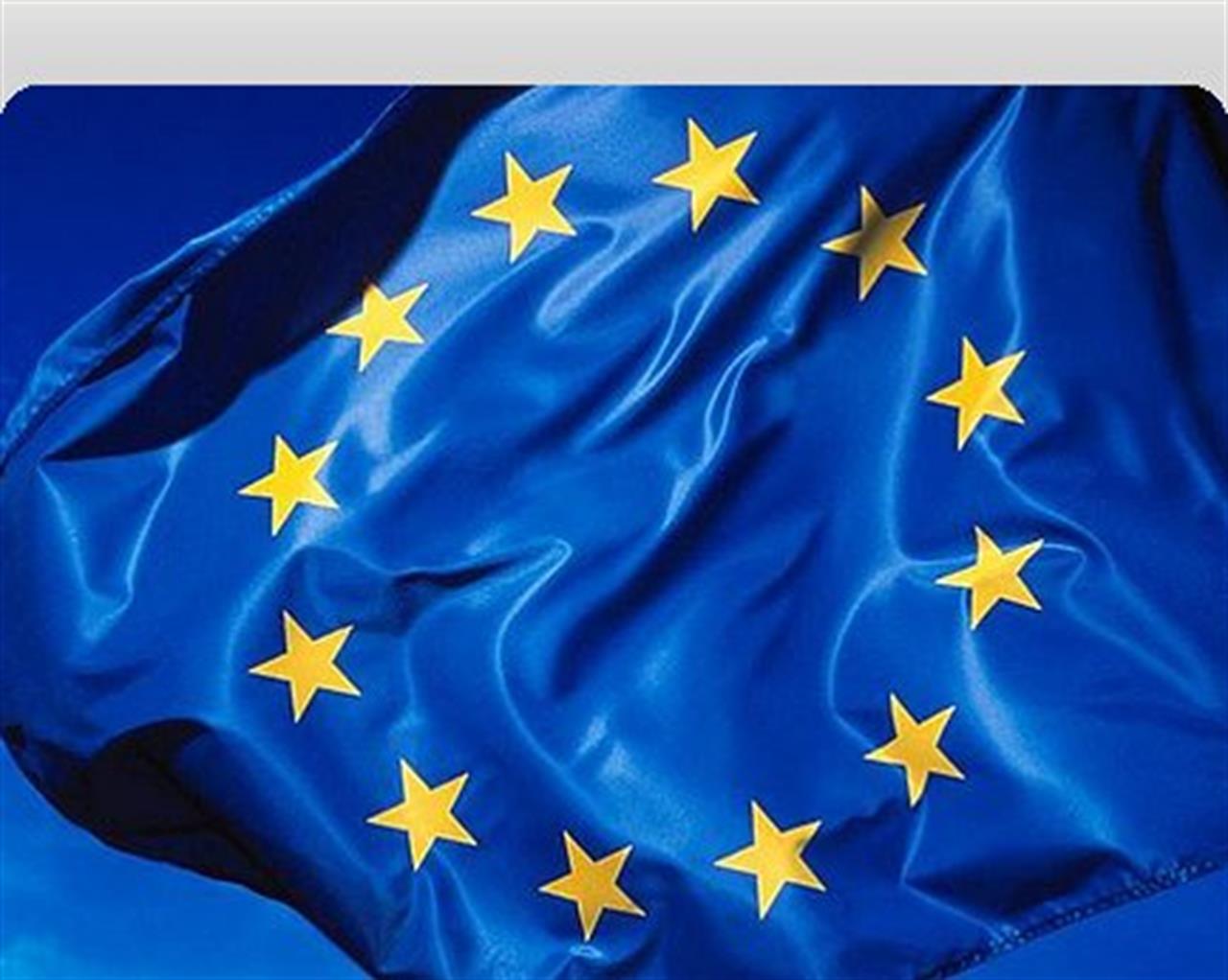EU Aid Corps on its way
The Lisbon Treaty calls for a volontary aid corps to be created but ministers want cost effectiveness
di Staff

As the date set for the creation of a European Volontary Humanitarian Aid Corps (EVHAC) approaches, Europe’s 27 economic and financial ministers warn that its creation should be based on “a thorough cost-benefit analysis,” and that funds allocated to this body “should not encroach upon the Commission’s existing humanitarian aid and civil protection budget”. The warning was issued in the conclusions to the Meeting of the Economic and Financial Affairs Council (ECOFIN) held on May 17 in Brussels.
The idea to create a European corps of volunteers trained to help in case of humanitarian disaster has been around for some time. Indeed its creation is called for in the Lisbon Treaty which states (art. 214.5) that “the overall objective is to establish a framework for joint contributions from European volunteers to humanitarian aid operations of the Union … European Voluntary Humanitarian Aid Corps will also spread European values such as solidarity with people in need, and promote Europeans’ active participation in humanitarian aid activities”.
In December 2010 the European Commission adopted the consensus action plan for the EVHAC which highlighted that the organisation would add value to existing voluntary schemes in its selection, training and deployment of volunteers and that it would partner with existing voluntary organisations and structures. Moreover, it stated that in order to avoid funding diversion the organisation would be demand-driven, needs-based, and would support local capacities.
The conclusions of the ECOFIN Council invited the European Commission and member states to continue their efforts to implement the European consensus on humanitarian aid in order to enhance the collective response to humanitarian crises.
In their conclusions, the 27 economy and finance ministers welcomed the mid-term review of the 2010 consensus action plan and recommended further efforts to improve the effectiveness of humanitarian aid. The states proposed to examine how to improve the division of tasks and coordination by focusing on “the respective roles and responsibilities between the Commission and member states based on particular strengths and weaknesses”. In the field of humanitarian aide, the EU has competence for implementing actions and a common policy but this must not prevent states from implementing their own policies.
On improved aid coherence and continuity, the ministers recommend a more prominent role for the Council’s working party on humanitarian aid and food aid and suggest stronger cooperation among the different players, including the military.
The 27 also noted that a strengthened EU contribution to the international humanitarian system should entail reinforced advocacy for the protection of humanitarian space, enhancement of the EU’s humanitarian know-how and “continued work on the sharing and dissemination of good humanitarian donorship principles and good humanitarian practices”.
The Ecofin Council also adopted conclusions the same day on the European voluntary humanitarian aid corps. The ministers, noting that its creation should be based on “a thorough cost-benefit analysis,” state that funds allocated to this body “should not encroach upon the Commission’s existing humanitarian aid and civil protection budget”. The Commission is expected to present a legislative proposal for the corps in 2012.
Vuoi accedere all'archivio di VITA?
Con un abbonamento annuale potrai sfogliare più di 50 numeri del nostro magazine, da gennaio 2020 ad oggi: ogni numero una storia sempre attuale. Oltre a tutti i contenuti extra come le newsletter tematiche, i podcast, le infografiche e gli approfondimenti.
